Remembrance Day and the Fear of the "Others"
The names of Jewish men, women and children deported from Italy to concentration camps during World War II fly in the gelid air in front of the Italian Consulate. Sometimes those names get lost in the noise of traffic on Park Avenue. “We want to demonstrate how Italians in New York cares about remembering what happened. This year, we are particularly proud of having shared this day with the New York City Commissioner and Italian deputy minister of Foreign Affairs,” says Francesco Genuardi, Consul general of Italy in New York and “host” of this special day.
“It is not something that we should remember only today but every day. And it’s important not only for New Yorkers but for everybody in the world to remember the Holocaust. If we remember, we can make sure that those things won’t get repeated,” comments James O’Neill, New York City Commissioner and one of the first readers, before disappearing in his black car.
A similar thought is shared by the other special guest, Italian deputy minister of Foreign Affairs Emanuela Del Re, who read the names often breaking into tears. “I am very honored and deeply moved to be here because each of these vctims represents in itself a great shame for humanity. I believe that this initiative has a deeper meaning than just being a mere commemoration. This is a warning to remember that we shouldn’t repeat what happened,” says the deputy minister. “There are many other groups that today suffer discrimination, and the danger is not in great proclamations against them but in the small daily gestures that transmit subtle signals of intolerance towards people who are considered misfits. In social media, small comments often turn into hate that can then lead to horrible episodes in History, such as the Holocaust.”
Deputy minister Del Re describes Italy as “a country that having experienced and known this horror from within, having seen its own people suffering this type of discrimination, today is a bulwark of respect for everybody and for the application of human rights.” For the record, we feel compelled to ask her then why Italy is now stopping the 47 migrants on the humanitarian ship Sea Watch 3 to enter Italian ports. Del Re, a member of the 5-Stars movement, commented only: “Let’s focus on Remembrance Day.”
Yet, we just heard that it is important to remember not to repeat and that indifference can kill too. Jack Sal, artist and author of the exhibition “Deportees” first presented at the Italian Cultural Institute in 2010, seems to indirectly answer to our doubts - the child of a Holocaust survivor, he is waiting in line to read the names. “I think that in Italy there is this mentality of the ‘others:’ it is happening to them and not to us.” Sal says, “it is extremely important that we exercise the memory of the deportees especially in Italy because in general in New York and in the world people don’t really know what happened to the Jews in Italy. For example, the number of deportees in this country was much bigger than in other parts. Also important is the idea of creating subcamps in Italian cities happened throughout Italy and not just in a single city. So this idea of the “campo sotto casa” was real. If you were living in a little city in Tuscany or in Milan or in Rome, you knew about people who were gathered.” But nobody, or very few, dared to say anything because after all, it was happening to the ‘others’.
This dangerous attitude should be corrected since childhood and the best way to do so is called identification. Maria Palandra, the principal of La Scuola d'Italia Guglielmo Marconi, tells us that at La Scuola the students worked on a short video in which fascism and Nazism were compared to bullyism. “A reality that they can live every day. Only in this way could they really understand the feelings of those who get excluded,” says Palandra.
Journalist, contributing writer at Corriere della Sera, Maria Teresa Cometto, who has been participating to these commemorations from the beginning in 2009, has indeed seen the presence of youngsters growing over the years: “I remember that ten years ago there were very few people, nobody really knew what this event was about. Now, it has grown and with it the presence of young people. It is only by remembering these names and their stories that we can preserve the memory through generations.”
Natalia Indrimi, Executive director at Centro Primo Levi in New York, warns against the risk of indifference and lack of awareness. She believes that we can learn from the mistakes of the past: "We need to think of how people behaved. They knew but they didn't foresee what would have happened. They had all the information to understand, yet they decided to be impenetrable."






























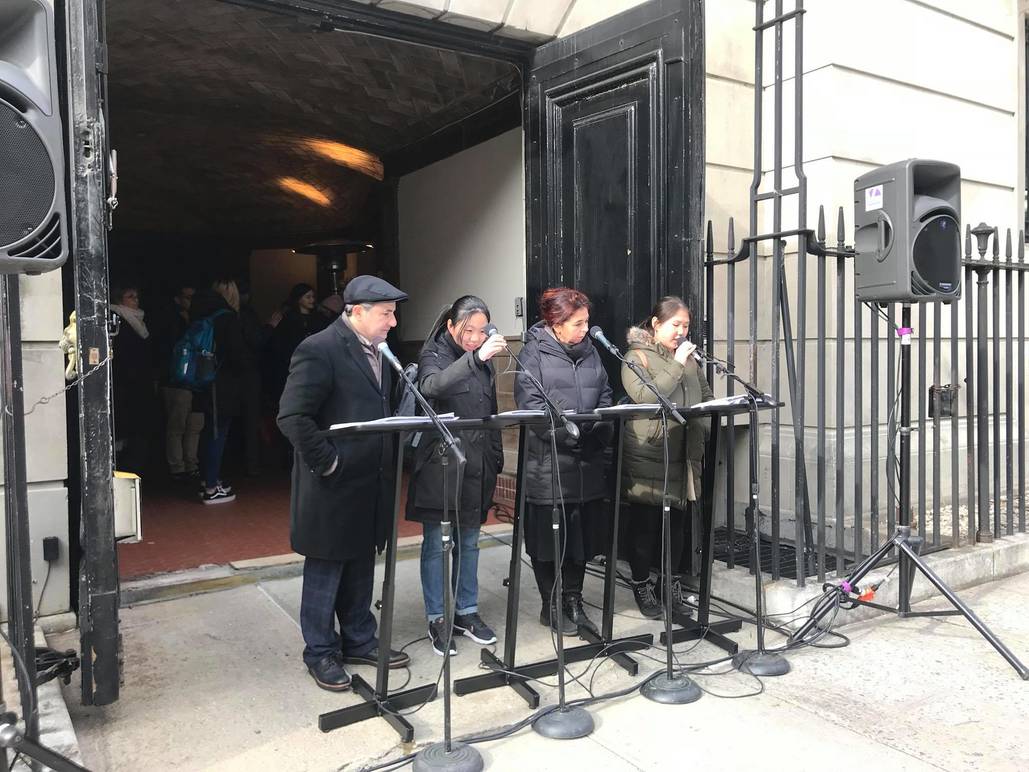
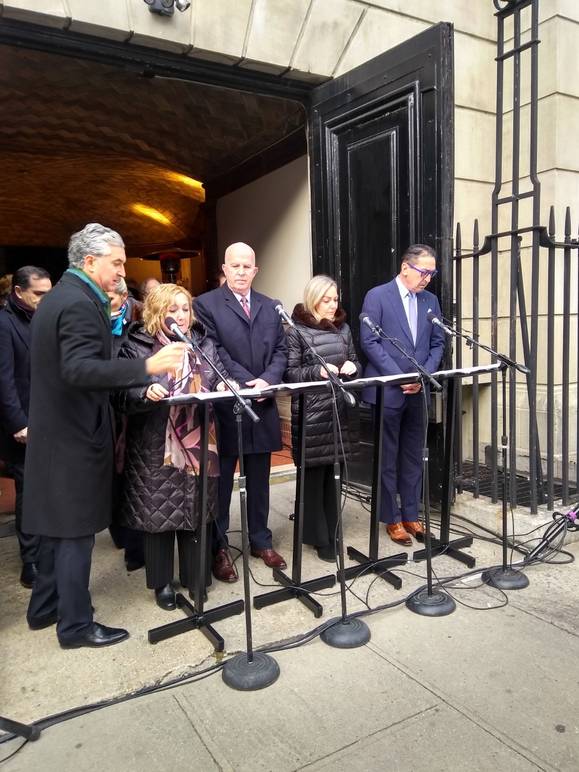
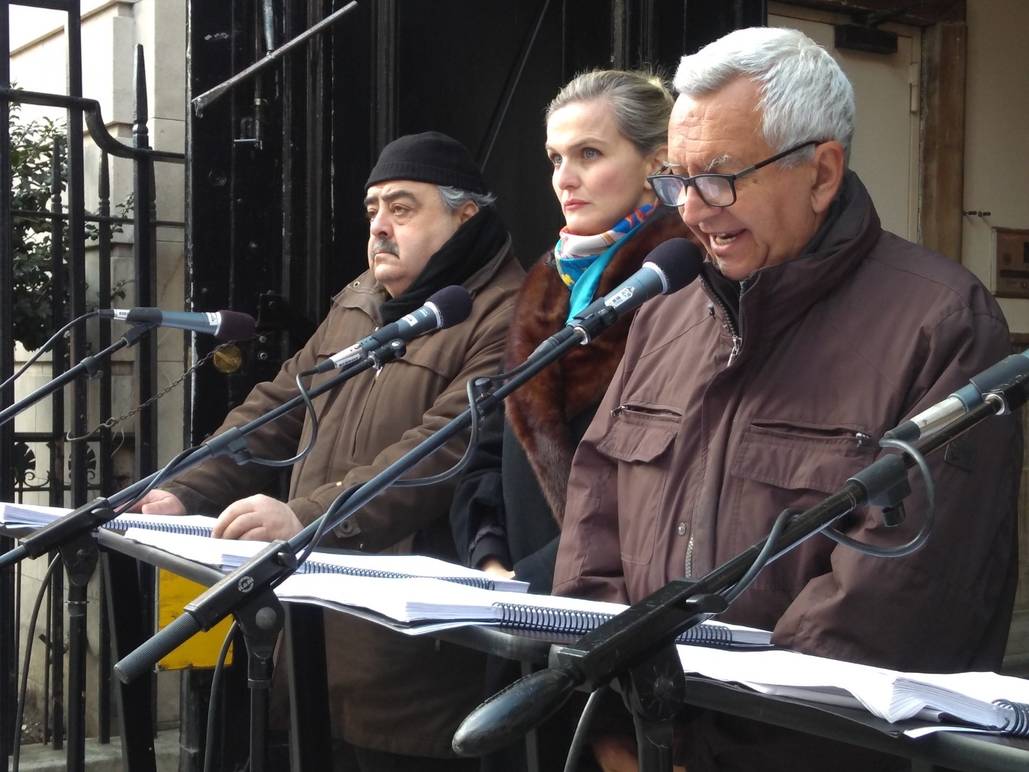
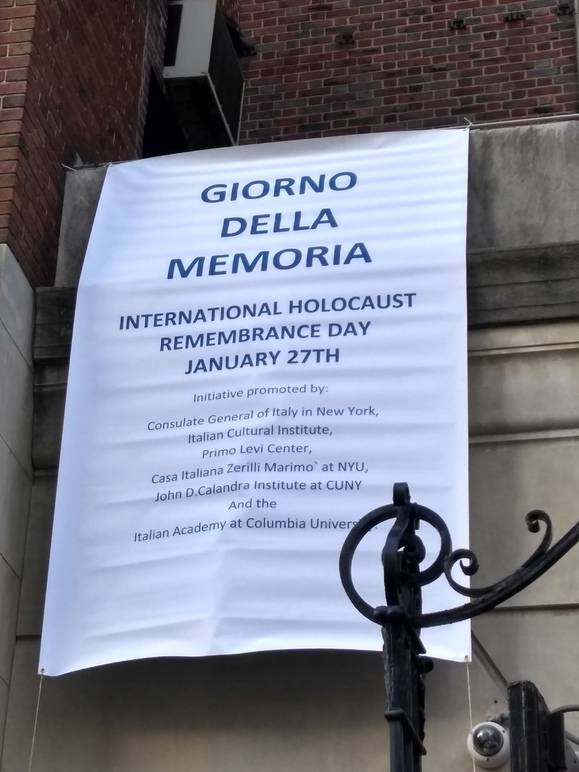
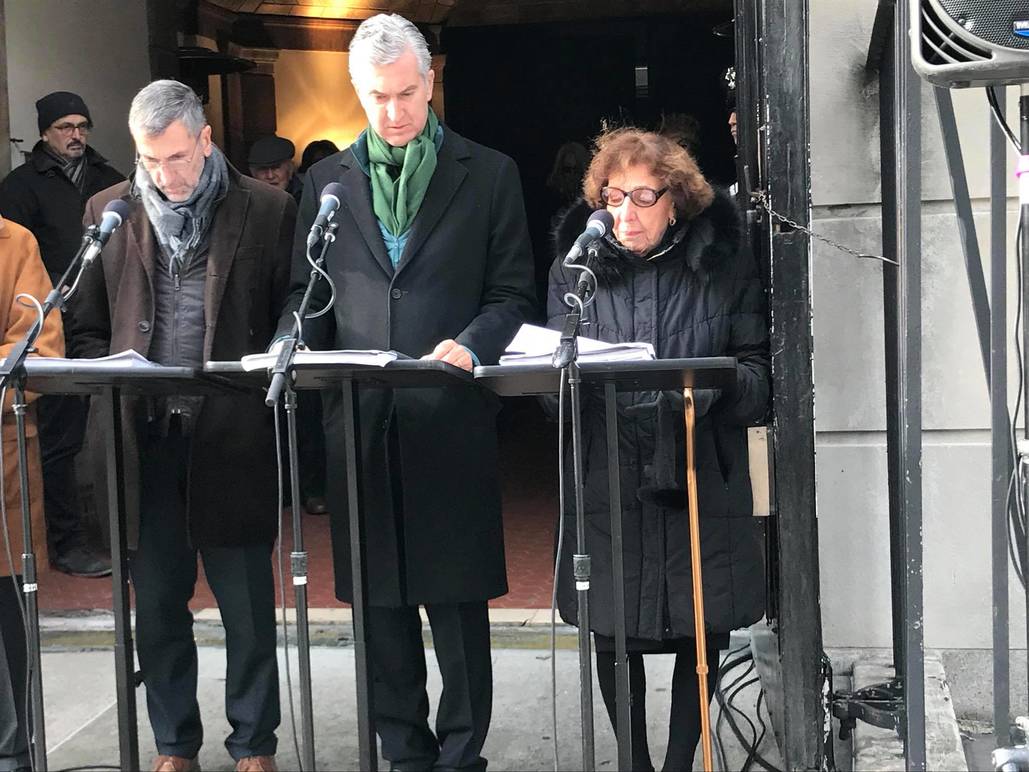
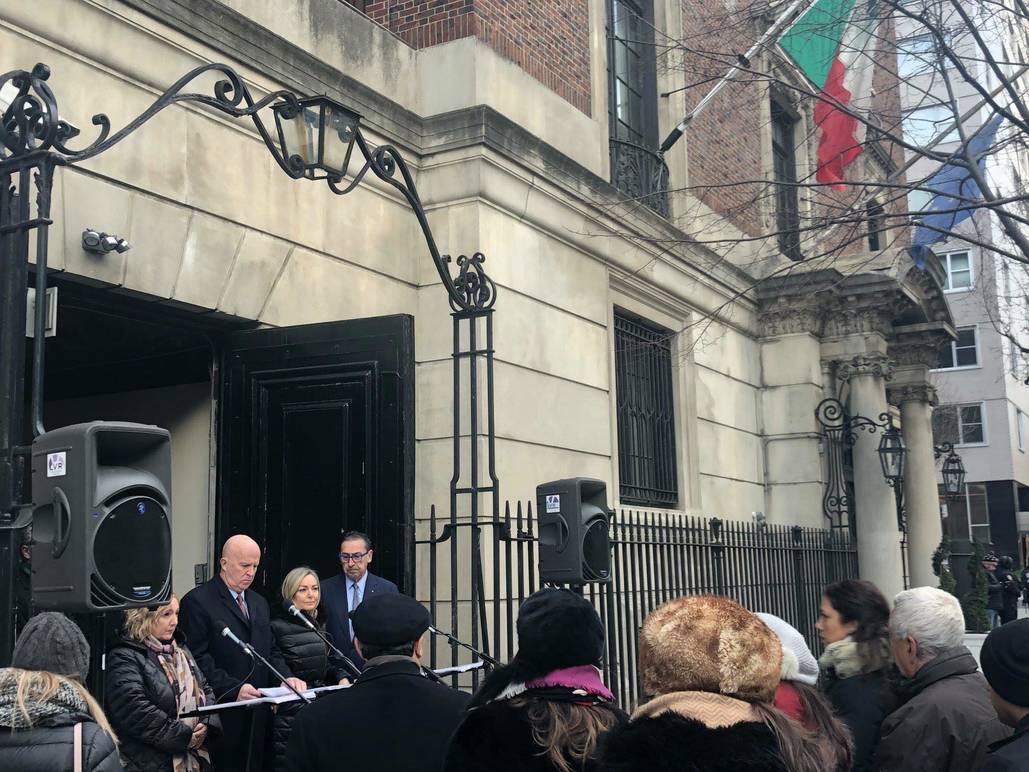

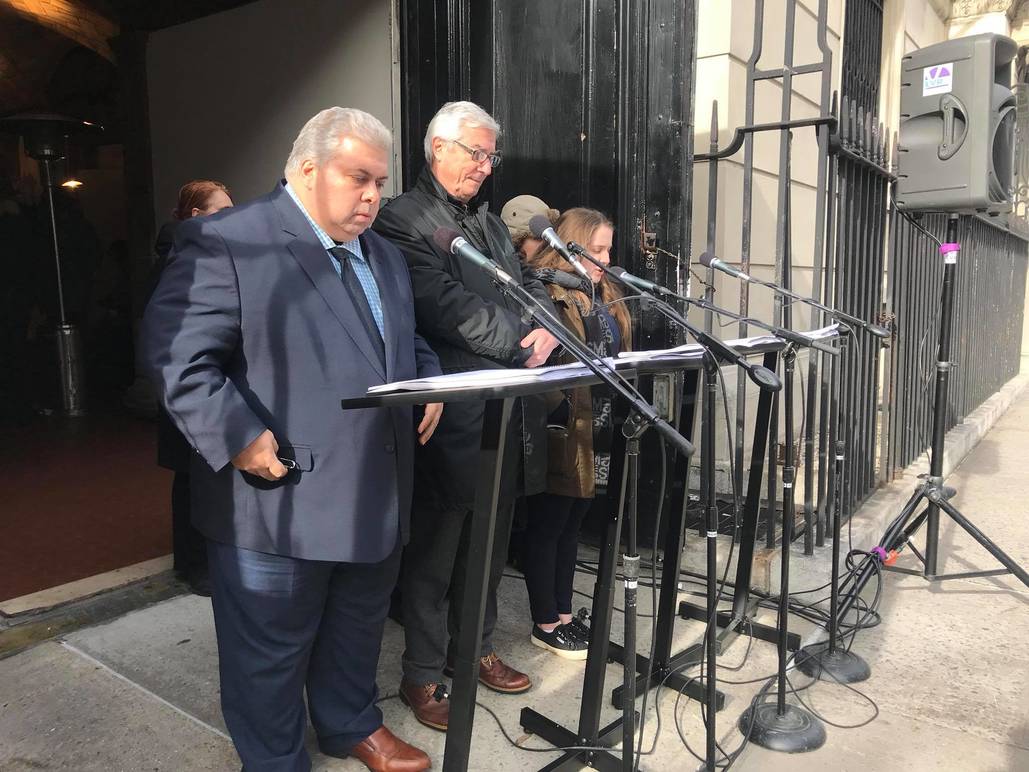



i-Italy
Facebook
Google+
This work may not be reproduced, in whole or in part, without prior written permission.
Questo lavoro non può essere riprodotto, in tutto o in parte, senza permesso scritto.